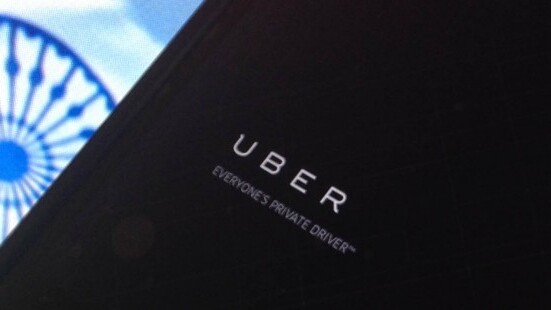
The California Labor Commission has ruled Uber drivers are employees and not independent contractors, Reuters reports.
The ruling has serious implications for Uber’s business model, since the company will now be required to offer its drivers benefits that meet the requirements of the Californian labor laws.
Based in San Francisco, Uber’s headquarters employs approximately 1,000+ people. Its product acts as a logistics software that connects drivers to riders, offers turn-by-turn directions and simplifies the transaction.
Although Uber does not hand-select its fleet of drivers, it promotes an open invitation to anyone aged 21 or older with a commercial driver’s license, a car (models 2000 or 2005 later, depending on the city) and presumably a clean driving record.

Counting drivers as employees would mean Uber has to seriously scale down its number of drivers if it is to provide health benefits and pay social security and medicare taxes. Uber would also have to cover other work-related expenses, such as gas, car insurance and repairs.
Naturally, Uber will appeal the commissioner’s award of about $4,000 in expenses to its drivers. If this is the sign of where things are headed for the on-demand economy, we would be more than a little worried for other startups using the “Uber for XYZ” pitch.
Update: Uber has released a statement following the ruling:
“Reuters’ original headline was not accurate. The California Labor Commission’s ruling is non-binding and applies to a single driver. Indeed it is contrary to a previous ruling by the same commission, which concluded in 2012 that the driver ‘performed services as an independent contractor, and not as a bona fide employee.’ Five other states have also come to the same conclusion. It’s important to remember that the number one reason drivers choose to use Uber is because they have complete flexibility and control. The majority of them can and do choose to earn their living from multiple sources, including other ride sharing companies.”
➤ Reuters
Get the TNW newsletter
Get the most important tech news in your inbox each week.




